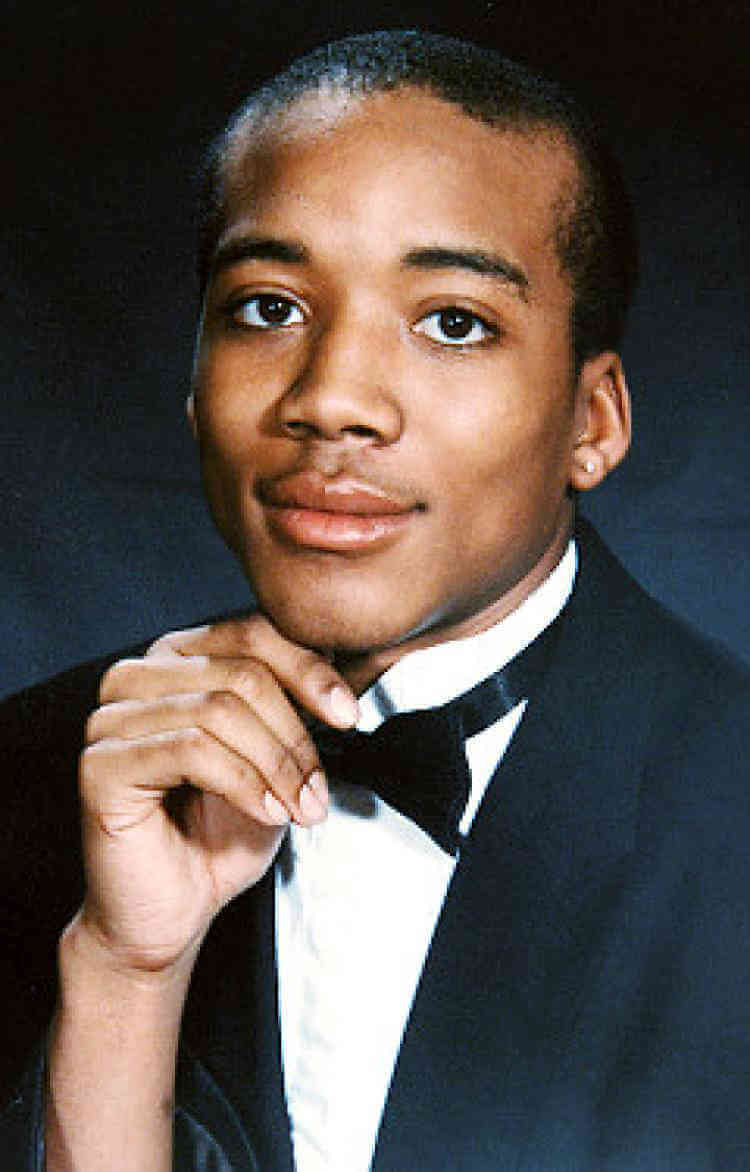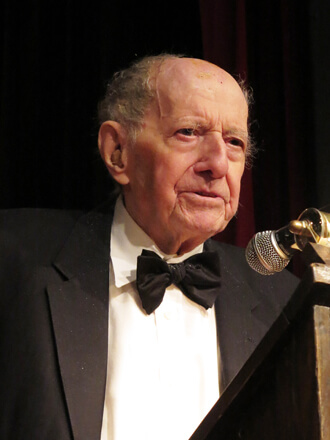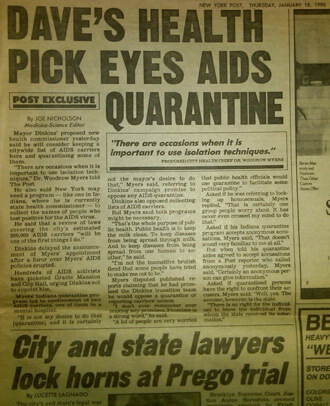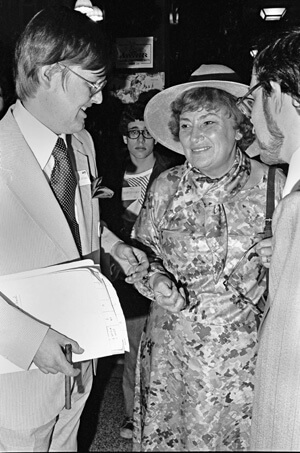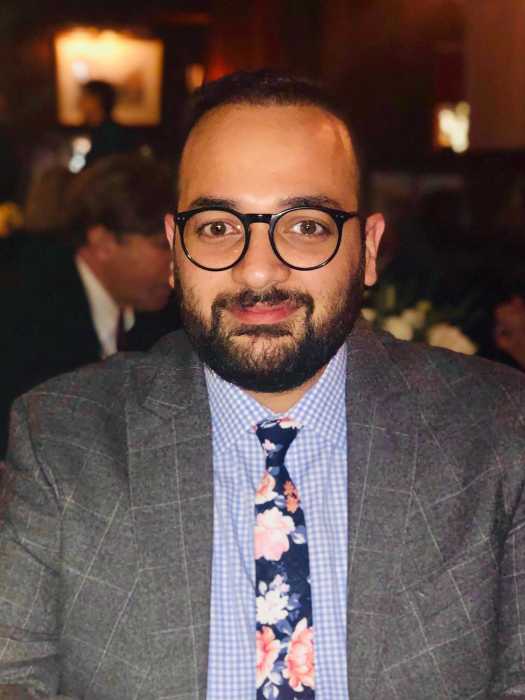A Brooklyn man who is charged in the gruesome 2005 murder of Rashawn Brazell was found guilty of second-degree murder in the 2004 killing of Sharabia Thomas, a 17-year-old Brooklyn resident.
“Sharabia’s bravery when she fought for her life helped bring her killer to justice and he has now been held responsible for this brutal years-old murder,” Eric Gonzalez, the Brooklyn district attorney, said in an August 21 written statement. “Today’s verdict is a testament to the importance of my Cold Case Unit that’s working tirelessly with the NYPD to solve old crimes using the latest technology.”
Kwauhuru Govan, 40, who lived in Brooklyn’s Bushwick neighborhood, was arrested after the DNA in cells found under Thomas’ fingernails was matched to Govan’s DNA. Thomas’ dismembered body was discovered in two laundry bags in an alley in Bushwick. She had been strangled and beaten.
Govan faces a maximum sentence of 25 years-to-life at his scheduled sentencing on September 7.
Prosecutors can use a conviction in one case to press a defendant to plead in a second case. Defendants will agree for a number of reasons, including avoiding consecutive sentences. The Brooklyn district attorney has given no indication as to how his office will proceed in the Brazell case. Govan has vehemently stated that he is innocent.
Brazell, 19 at the time of his death, was gay.
In June 2016, the NYPD’s Cold Case Squad and the district attorney’s Cold Case Unit matched the DNA found under Thomas’ fingernails to a sample of Govan’s DNA that was uploaded to a national DNA database following his 2014 arrest for an armed robbery in Florida. After his release from prison in Florida, he was arrested and extradited to Brooklyn.
After linking Govan to Thomas, police realized that Govan lived across the street from Brazell in 2005, a law enforcement source told Gay City News last year. Police found that a bag that belonged to Govan and that had Brazell’s blood on it was recovered in the subway station where parts of Brazell’s body were discovered. There is additional evidence in the Brazell case that police would not disclose.
Desire Brazell, Rashawn’s mother, has advocated for her son since his death in 2005. As often happens with cold cases, friends and family grew increasingly angry with what was a failed investigation at the time.
In 2006, the New York Post published a story that police were looking for a former neighbor of Rashawn’s less than a month before a planned event to protest the lack of progress in the investigation.
“They are denying that they ever said that,” Desire told Gay City News in 2006, referring to the police quotes in the Post story. “I think they threw this out there because of the march. The detective on the case asked me if I talked to anyone.”
The Brazell case was often compared to other notorious homicides that were quickly solved by law enforcement, with advocates saying that the difference in Rashawn’s murder was attributable to his race and sexual orientation.
Govan’s next appearance in the Brazell case is scheduled for September 7 before Judge Joanne Quinones, the judge who heard the Thomas case.

